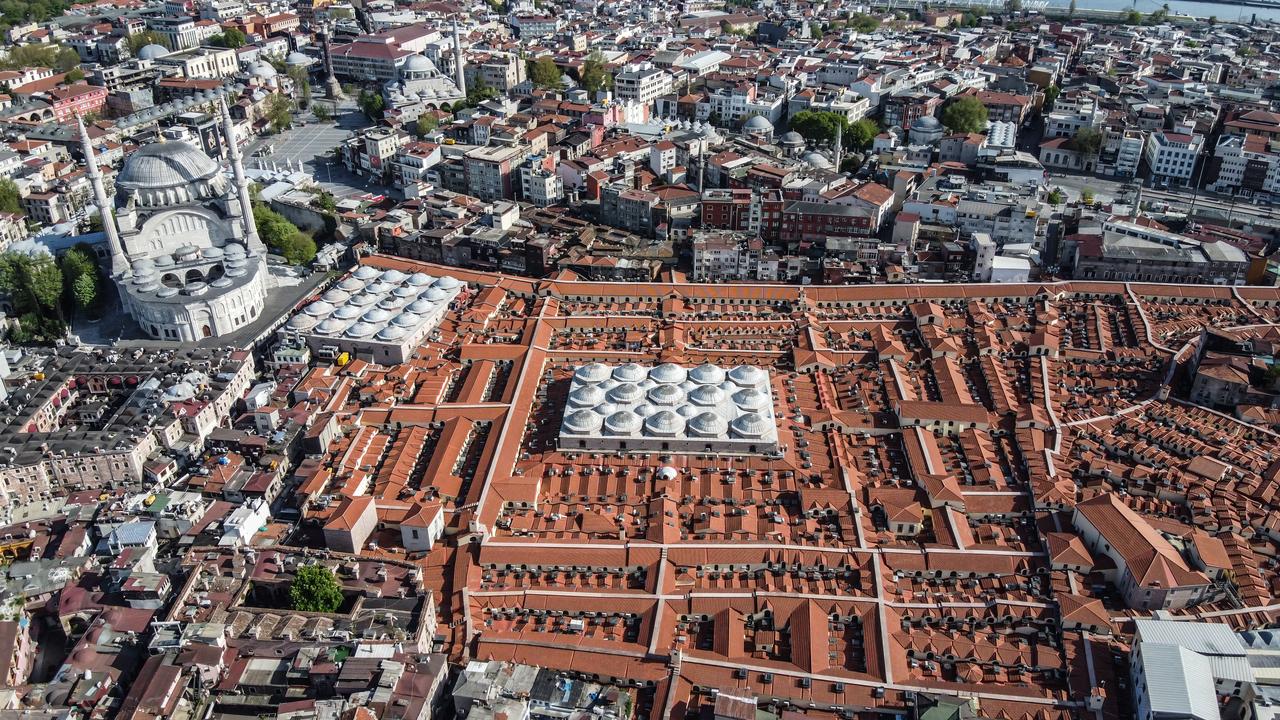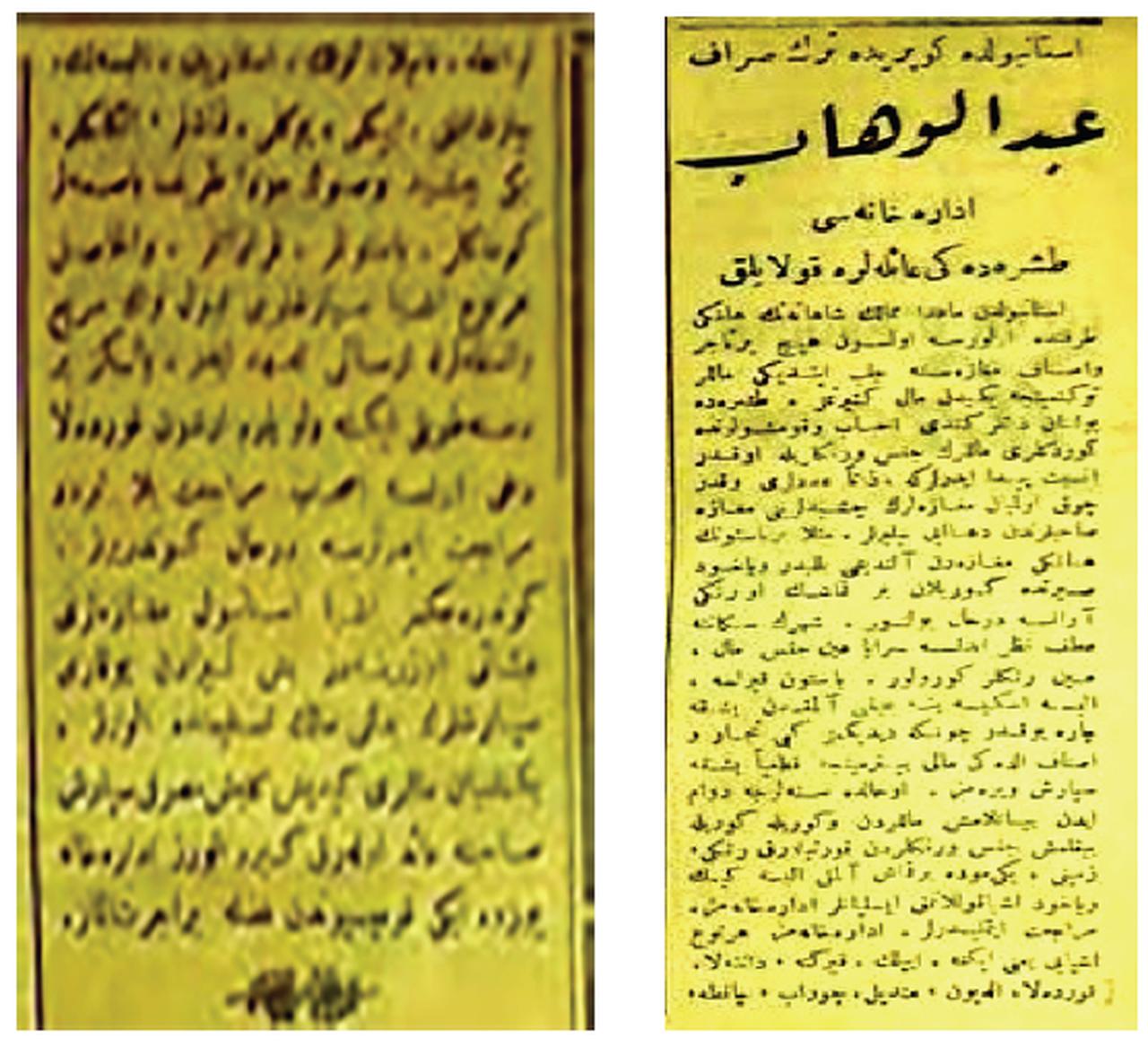
Shopping is as old as civilization itself—but in Türkiye, it’s not just commerce, it’s cultural continuity. In the late Ottoman Empire, periodicals weren’t merely information tools; they shaped lifestyles, taste and consumption through advertisements that introduced readers to new products, behaviors and social norms.
These publications—particularly those addressing women—offered early blueprints of what would evolve into platform-based economies like Amazon, Hepsiburada or Trendyol.
One striking example was the Abdulvahap Idarehanesi in 1908, Istanbul. Operating in the heart of the empire, it delivered every imaginable product—from lace to umbrellas—to households in distant Anatolian provinces. Customers could pay on delivery and even return items, mirroring today's e-commerce logistics.
Two academics, Meltem Guler and Hasan Celik, analyzed the Hepsiburada website in their recent study. The online selling platform describes itself as a combination of “Grand Bazaar wisdom” and “Silicon Valley innovation.”
Now partially owned by Kazakhstan-based Kaspi.kz, Hepsiburada describes itself as a "super app ecosystem," embracing inclusive economic growth, empowering women entrepreneurs, and preserving traditional values in digital form.
Similarly, Trendyol and others are redefining commerce in Türkiye not as disruption, but as continuation. Their role as major contributors to employment, export, and national income aligns with the United Nations Conference on Trade and Development's definition of a "creative economy": one that supports income, diversity, social inclusion, and human development.

From door-to-door delivery of shawls and sewing kits in Ottoman times to app-based wedding planning and Ramadan donation boxes today, the similarities are more than symbolic. These practices are carried forward by Türkiye’s shared cultural memory and transformed by digital innovation.
Every Ramadan, platforms digitized charitable acts—reviving age-old traditions of giving through modern tools. In every sector—from user reviews and home meal services to wedding planning—the echoes of Ottoman culture resonate.
Unlike Western models, which emphasize disruption, Türkiye’s model of platform economy shows how building on heritage can create both innovation and national economic value. Abdulvahap Idarehanesi may not have known it, but he was laying the groundwork for the digital giants of today.
In an age of rapid globalization and digital expansion, Türkiye demonstrates how a strong cultural backbone can guide innovation. Through blending collective memory, consumer culture, and modern tech, the country’s platform economy becomes not just a business model, but a cultural mission.
Hepsiburada, Trendyol, and similar platforms don’t just sell products—they sell a story centuries in the making.